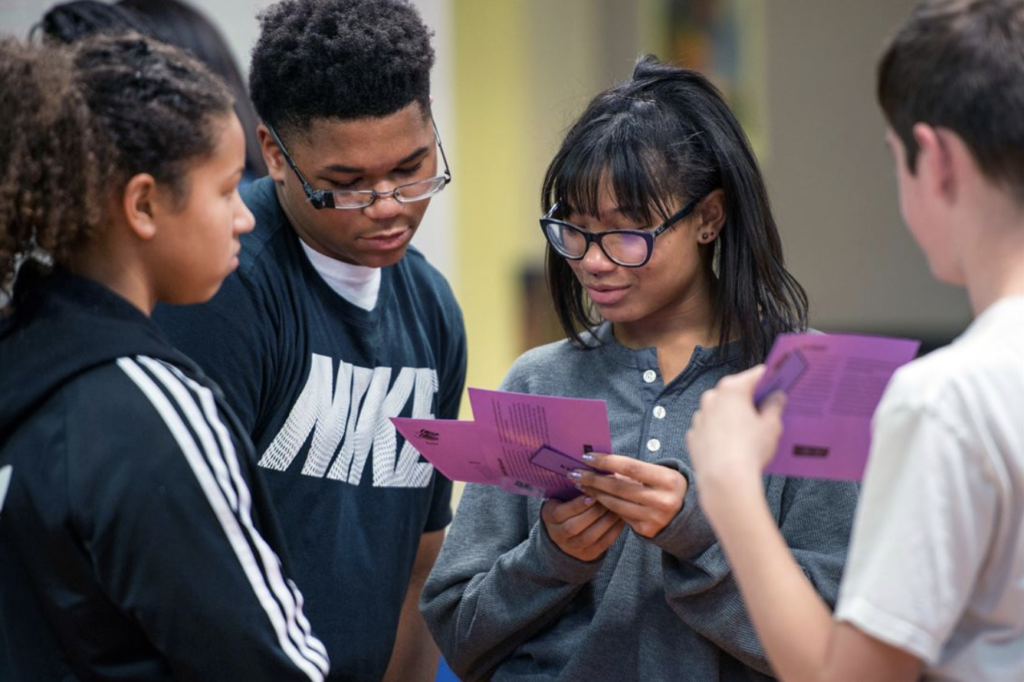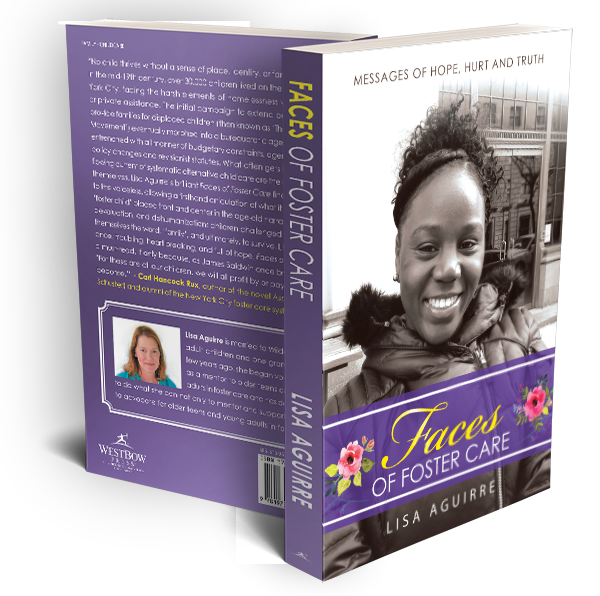
In 2012, I prepared to take a trip to the Democratic Republic of Congo to help continue a building project at an orphanage. In preparation, we were asked to read a couple of books — of them being “Orphanology.” It my first deep dive into the world of foster care, adoption and orphan-related readings.
Even though I had the great privilege of meeting and spending time with the amazing kids in DRC, I actually felt God drawing me to learn and take action on a domestic level in the United States. I read more books — “Another Place at the Table” (unbearably heartbreaking but important) and began learning more about my husband’s story growing up as an abused and neglected child.
I uncovered a world unfamiliar, nothing like the comfortable, loving childhood I was blessed to have. And I knew I had to do something , specifically for older children who are in most need of loving adults. I immediately began researching ways to help foster kids even if I couldn’t actually foster myself. That’s when I found DC FYI (Family and Youth Initiative), on organization specifically dedicated to providing mentors to *teens* in foster care — and ultimately helping facilitate some adoptions. Many people don’t realize that older teens do still want to be adopted, even at 17 and 18 years old.
Six years later, I’m still a huge supporter of DCFYI even though I’ve moved away — and founder Susan Punnett is the backbone of it all. This past week, DCFYI was featured in the Washington Post, for their work in providing birthday parties for teens who may have had birthdays forgotten for years at a time. It’s a simple but beautiful thing. Theresa Vargas writes:
It is one of several events the nonprofit throws to connect adults in the region with young people who need help creating support systems because they don’t naturally have them. It also shows a side of the foster care system that isn’t the babies and chubby-cheeked children who are more likely to get scooped up and adopted.
There is more need when it comes to vulnerable children than we could ever fully answer, but it’s vital we don’t turn our backs simply because it hurts to look. DCFYI was kind of enough to send me a copy of their book, “Faces of Foster Care: Messages of Hope, Hurt and Truth.” It’s another hard read, as teens share their stories of neglectful foster families, dozens of placements, adoptions gone awry and more. That said, it’s also a reminder that mentors and loving adults are more important than ever. Children who age out of the foster care system without support are very likely population to experience homelessness, addicted or commit suicide.

Thanks to the current drug crisis, the foster care system in the U.S. is maxed out, even as it tries to help with fostering migrant children needing help at the border. If you’re wondering if you’re help is needed, the answer is yes. Do you have resources? Time? A platform? A spare bedroom? Don’t ignore the tug on your heart.
I interviewed Susan in 2017 and encourage you check out that video (not the most professional vid but we do what we can!):
If you live in DC, I encourage you to consider becoming a mentor with DC FYI. It’s similar to Big Brothers Big Sisters, but I think an even more dire need. I couldn’t find a program like DCFYI here in Indianapolis, so I do participate in BBBS and realize how important that is too! It’s all connected and I hope, if nothing else, you can contribute.
But remember this: Money is great (we can’t do things without it) but your presence is what we need more of. That’s the real sacrifice and the real gift.
